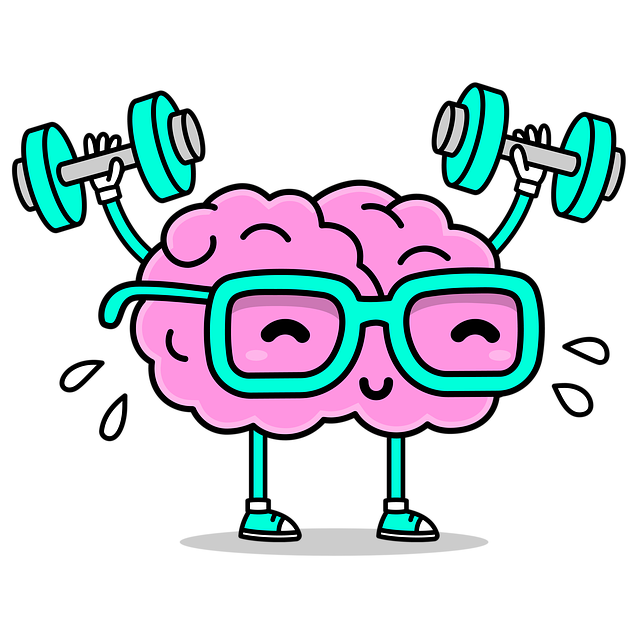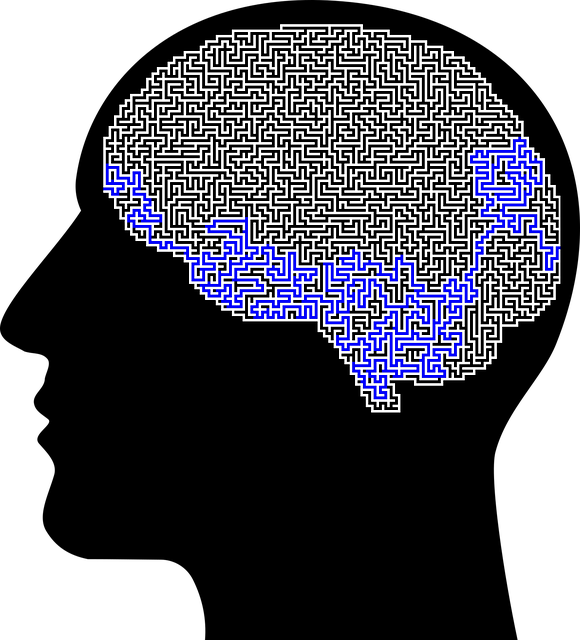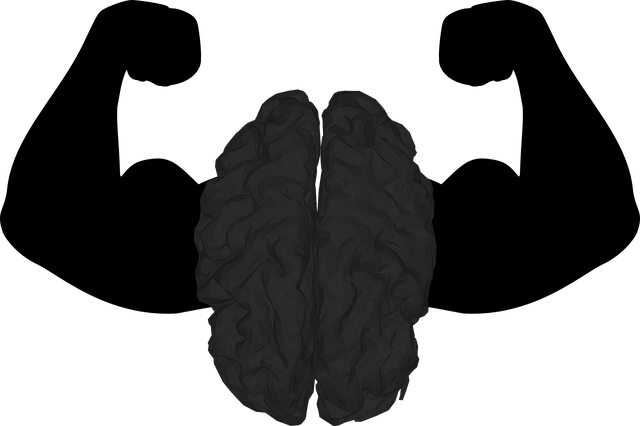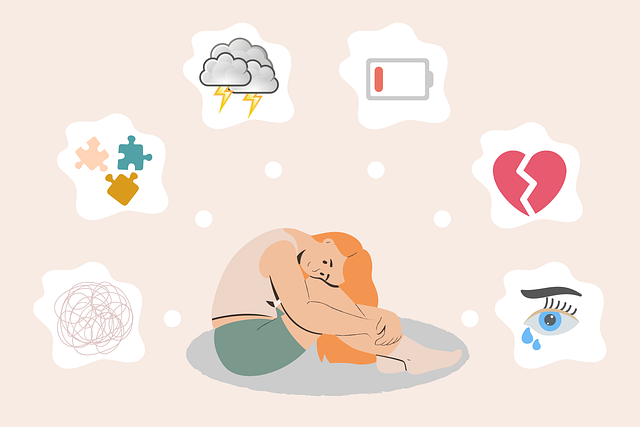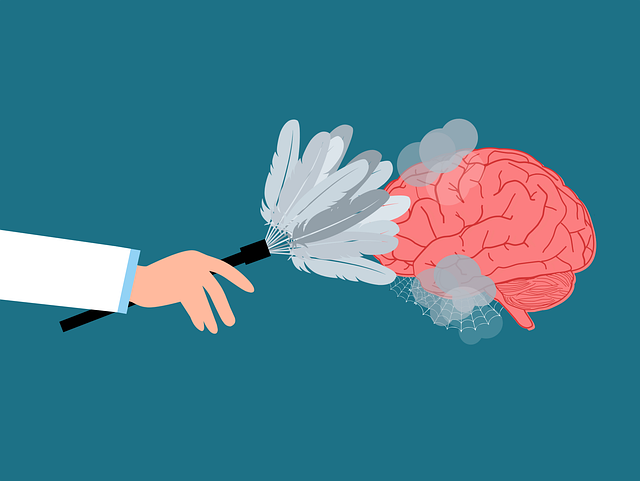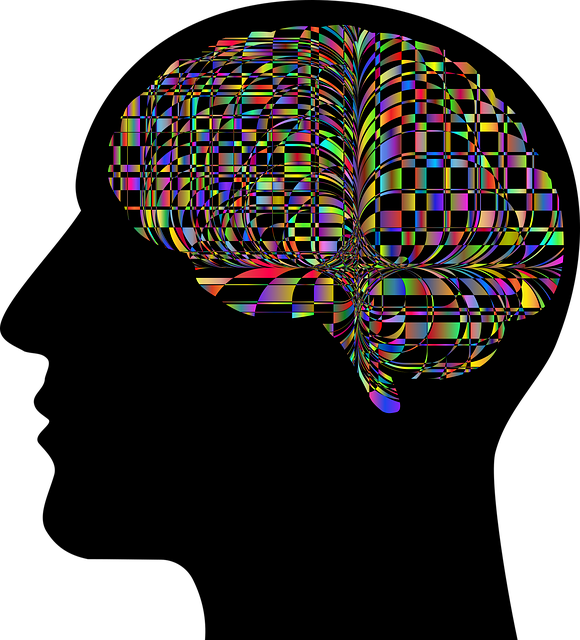Aurora Codependency Therapy offers a holistic solution for managing anxiety by addressing its emotional and interpersonal roots. Recognizing subtle signs and diverse triggers, this approach combines Cognitive Behavioral Techniques (CBT), mindfulness, lifestyle changes, and community outreach to empower individuals with tailored coping mechanisms. By fostering self-compassion, resilience, and healthier relationships, Aurora Codependency Therapy helps clients navigate anxious moments with increased composure and improved mental wellness.
Anxiety is a prevalent challenge, yet manageable with the right techniques. This article explores various effective strategies to overcome anxiety, from understanding its signs and triggers to holistic approaches like Aurora Codependency Therapy. We delve into cognitive behavioral techniques, mindfulness practices, and lifestyle adjustments that foster calmness and long-term relief. By combining these evidence-based methods, individuals can reclaim control over their lives and achieve lasting peace of mind.
- Understanding Anxiety: Recognizing Signs and Triggers
- Aurora Codependency Therapy: A Holistic Approach to Overcoming Anxiety
- Cognitive Behavioral Techniques for Effective Anxiety Management
- Mindfulness and Meditation Practices for Calmness and Focus
- Lifestyle Adjustments and Support Systems for Long-Term Anxiety Relief
Understanding Anxiety: Recognizing Signs and Triggers

Anxiety is a natural response to stress, but when it becomes overwhelming and persistent, it can significantly impact daily life. Understanding anxiety involves recognizing its subtle signs and triggers, which vary from person to person. Common symptoms include heightened heart rate, rapid breathing, restlessness, and intrusive thoughts. Triggers can be as simple as social interactions or as complex as certain environments or memories, often rooted in past experiences, such as trauma or past failures.
In the context of mental health awareness, Aurora Codependency Therapy offers a unique approach to managing anxiety by addressing underlying issues that contribute to its development. By fostering empathy building strategies within therapeutic sessions, individuals gain insights into their triggers and learn coping mechanisms tailored to their specific needs. This holistic therapy empowers clients to navigate anxious moments with greater resilience and self-awareness, ultimately enhancing mental wellness.
Aurora Codependency Therapy: A Holistic Approach to Overcoming Anxiety

Aurora Codependency Therapy offers a holistic approach to overcoming anxiety by addressing underlying emotional dependencies and interpersonal issues. This therapy recognizes that anxiety often arises from unhealthy relationships and codependent patterns, which can lead to feelings of instability and fear of abandonment. By focusing on empathy building strategies, clients learn to understand their emotions in a new light, fostering self-compassion and resilience.
The therapeutic process involves active listening and open communication strategies, essential for burnout prevention among healthcare providers who frequently deal with anxious patients. Through these communication techniques, therapists help individuals identify and challenge codependent behaviors, promoting healthier interactions with others. This holistic approach not only targets the symptoms of anxiety but also aims to root out the causes, providing long-lasting relief and improved quality of life.
Cognitive Behavioral Techniques for Effective Anxiety Management

Cognitive Behavioral Techniques (CBT) offer a powerful approach to anxiety management, focusing on challenging and changing unhelpful thought patterns and behaviors. This therapy helps individuals recognize and modify negative or distorted thinking that contributes to anxiety, often rooted in past experiences or codependency issues. By identifying triggers and learning effective communication strategies, one can proactively manage anxiety symptoms.
Aurora Codependency Therapy, for instance, integrates CBT principles with a holistic approach, addressing underlying emotional dependencies and interconnections. This process encourages resilience building by teaching individuals to respond rather than react to stressful situations. Additionally, engaging in community outreach program implementations can foster social connections and provide a support system, which is vital for long-term anxiety management and overall well-being.
Mindfulness and Meditation Practices for Calmness and Focus

Mindfulness and meditation have emerged as powerful tools for managing anxiety and cultivating a sense of calm. These ancient practices, often integral to Aurora Codependency Therapy, encourage individuals to focus on the present moment, thereby reducing the impact of anxious thoughts about the future or regrets about the past. By training their minds to observe without judgment, people can enhance their ability to regulate emotions and improve overall mental health awareness.
Regular meditation sessions can significantly contribute to mood management by promoting self-esteem improvement. It allows individuals to cultivate a deeper sense of self-awareness, leading to better understanding and acceptance of their thoughts and feelings. This practice fosters resilience against anxious episodes, enabling people to navigate life’s challenges with greater composure and clarity of mind.
Lifestyle Adjustments and Support Systems for Long-Term Anxiety Relief

Making lasting changes to your lifestyle can significantly contribute to long-term anxiety relief. Incorporating regular exercise, a balanced diet, and adequate sleep into your routine can help manage symptoms effectively. Additionally, fostering strong support systems is vital. Connecting with friends, family, or support groups can provide a sense of belonging and understanding. Aurora Codependency Therapy, for instance, focuses on building healthier relationships and promoting self-worth, which are essential components in managing anxiety and breaking free from codependent patterns.
Beyond these adjustments, practices like compassion cultivation and conflict resolution techniques play a crucial role. Compassion cultivation practices encourage self-care and empathy towards oneself and others, fostering a sense of inner peace. Meanwhile, learning effective conflict resolution techniques can help individuals navigate challenging interactions, reducing stress and anxiety triggers. Complementing these with advocacy for mental health policy analysis can ensure better resources and understanding of anxiety disorders at the societal level.
Anxiety management is a holistic journey, and by combining techniques from various sectors, one can find lasting peace. From understanding anxiety’s triggers to adopting cognitive behavioral strategies and mindfulness practices, individuals have numerous tools at their disposal. The article has explored these methods, including the unique benefits of Aurora Codependency Therapy, offering readers a comprehensive guide to managing anxiety effectively. By implementing lifestyle adjustments and fostering supportive networks, people can overcome anxiety and cultivate a calmer, more balanced life.


